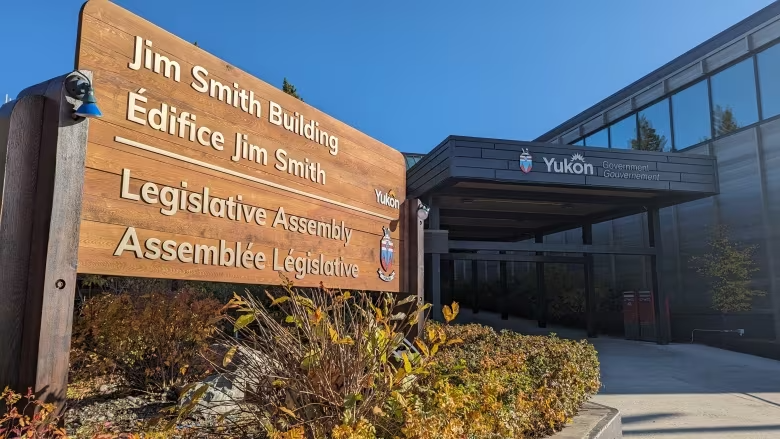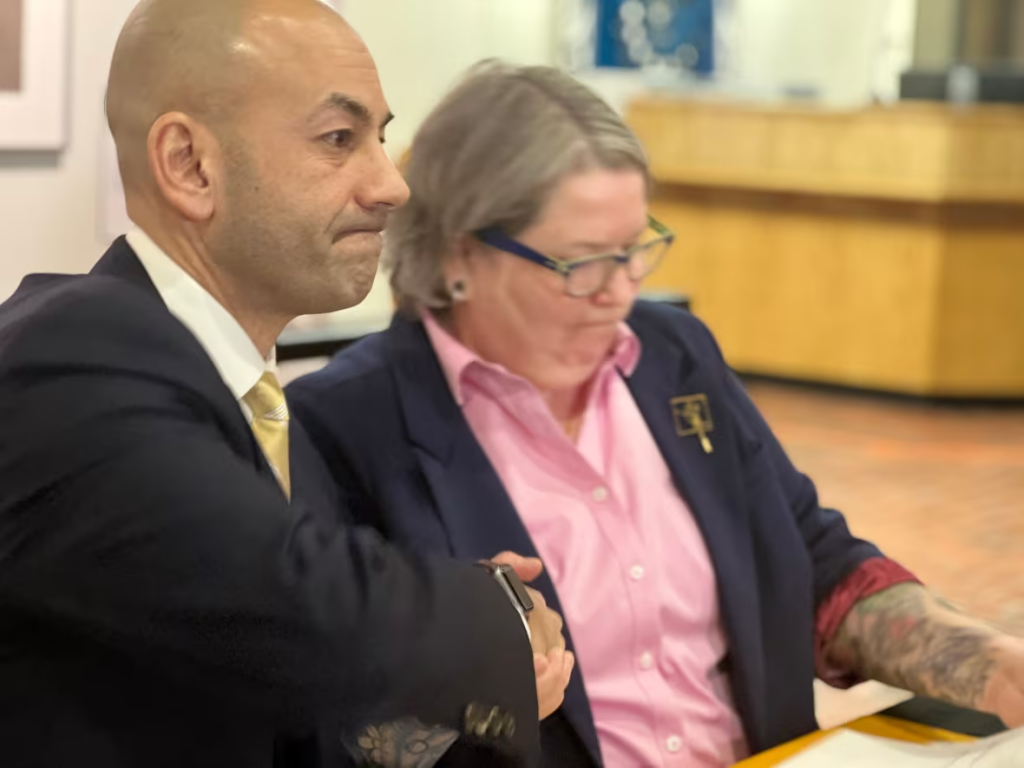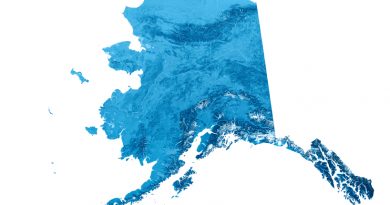Analysis: A strained relationship in the Yukon legislature holds — for now

Fall sitting of Legislative Assembly ends with passage of $153M supplementary budget
Stay together for the kids.
It’s not only a song on the third-best Blink-182 album, it’s also what NDP Leader Kate White is doing with the Yukon Liberals.
White’s New Democrats continue to prop up the minority Liberals, voting with the government Thursday to pass a $153-million supplementary budget. With that, the fall session of the Legislative Assembly came to an end.
Of course, it was never really an option for the NDP to flip and sink the government at the last minute. It would have violated the terms of the confidence and supply agreement (CASA), which runs through 2025.
It also ran the risk of triggering a Christmastime election that virtually nobody would have wanted.
And so continues the Liberal-NDP marriage of convenience, something White directly compared to a relationship during her end-of-session scrum with reporters Thursday.
“CASA is complicated because it talks about a relationship between parties that have opposing views and CASA is the commonality of where some of those views run into each other — and in many cases it’s where the Yukon NDP push the Liberals into doing things that we thought were really important,” White said.
“And like anything, it requires work and it requires constant check-ins, and some days it’s really good and some days it’s really hard but it’s always important.”
Unhappy with some measures
But the NDP was distinctly unhappy with some measures included in the supplementary budget. White specifically mentioned $21 million to fund an ore dock in Skagway, Alaska, and $1 million for a highly controversial subsidy program for landlords.
In fact, the Yukon Party tried to pass a last-minute motion to strip that $1 million from the bill. That motion failed when the NDP sided with the Liberals, because they believed doing otherwise would have violated the terms of CASA.

As for the Yukon Party, it began the fall session explicitly goading the Liberals to call an election. Leader Currie Dixon ended it questioning why the NDP is even sticking with CASA.
“The NDP were not consulted about massive new investments like the Port of Skagway, like the landlord subsidy program,” he said. “These are all explicit violations of CASA and so I fail to see how the NDP can continue to support this government when they so flagrantly violate their own agreement.”
The Yukon Party was free to vote against the budget, but found itself on the receiving end of attacks from the Liberals.
Premier Ranj Pillai, who was otherwise upbeat in his session-ending remarks to the press, grew angry on the topic of the Yukon’s health-care critique. He suggested the opposition could have supported the supplementary budget — which includes money for health care — instead of treating it as a confidence vote for the government.
“It is a vote today for money,” Pillai said. “If you vote against it, you are not supporting the money that is in the supplementary budget. If you vote for it, you support the money that’s in the budget.”
Sending a message
Premiers are not employed to be political scientists, but this is disingenuous. Opposition parties almost always vote against government budgets and other bills because that is their job. And because of CASA, and the NDP’s support, the supplementary budget’s passage was effectively a formality.
It’s party politics, so fine. But the Liberals will likely do themselves no favours with their handling of the pending closure of Dr. Leo Elwell’s psychiatric clinic.
Health Minister Tracy-Anne McPhee tried to deflect opposition criticism by suggesting Elwell violated his professional oath by urging his patients to lobby the government on his behalf.
“I’m not surprised that the private business — and it is a business — of a psychiatrist here in the territory will be brought to the Legislative Assembly floor,” she said during Question Period Wednesday. “It’s certainly not my preference to discuss it here.”
If in fact the government is so concerned with Elwell’s privacy, it is odd then that Liberal staffers were quick to offer reporters a printed-out list of millions’ worth of government contracts Elwell had received over the past decade. When asked why, the staffers coyly said they merely found the information “interesting.”
To be sure, those contracts are part of the public record. But the message to critics from the government was clear: We are not afraid to take the gloves off, whether you are a politician or not.
Strange behaviour from a government that would seem to need all the friends it can get.
Related stories from around the North:
Canada: Yukon government to review this summer’s wildfire evacuations in Mayo, Old Crow, CBC News



